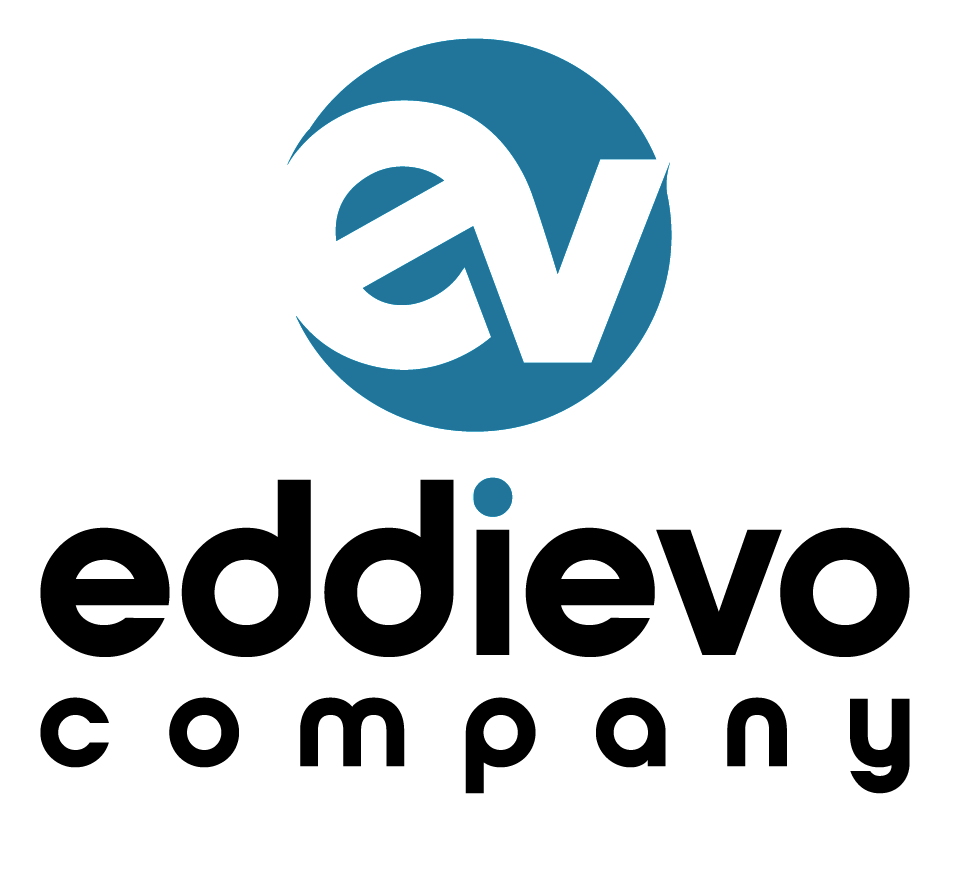Entrepreneurship is often glamorized as the path to fulfillment, autonomy and success. We celebrate the triumphs of those who persevere to build thriving businesses. But rarely do we talk openly about the immense challenges and emotional toll that this journey can take, even on those who achieve what appears from the outside to be success.

A poignant post on the Entrepreneur subreddit recently shined a light on this often unacknowledged reality. The author, despite having built a profitable company over 7 hard-fought years, confessed to losing the passion and drive that once propelled them forward. “I feel lost,” they wrote. “I don’t want to go on vacation, don’t want to start new projects, barely want to put the work in, don’t want to socialize, barely go outside, my schedule is fucked.”
This entrepreneur’s brave honesty reveals something critically important – the very real struggle of burnout that even the most dedicated and accomplished founders can face. Burnout goes beyond just needing a vacation. It’s a state of emotional, physical and mental exhaustion caused by prolonged stress. The relentless pressure to deliver results, make countless high-stakes decisions, and project unshakable confidence can grind down even the most resilient over time.
Compounding the problem is the isolation many entrepreneurs feel, pouring everything into their business at the expense of relationships, self-care, and outside interests. They can end up with their entire identity and self-worth entangled with their company. So even when they ostensibly achieve success, the sacrifices made along the way can leave them feeling empty, directionless and alone, as painfully captured in this entrepreneur’s story.

So what can be done? First, we need far more open conversation about this to break the stigma. Entrepreneurs should feel able to discuss burnout without it being seen as weakness. Building a support system is also vital, whether that’s leaning on friends and family, connecting with other founders, working with a coach or therapist, or a combination.
It’s also critical to untangle self-identity from the business as much as possible, and actively maintain other parts of life, even amid the pressures of building a company. Family, friendships, physical health, mental well-being, hobbies and interests outside of work – these aren’t distractions from success, they’re the very foundation that makes it sustainable.
Perhaps most importantly, passion cannot be forced. Entrepreneurs need space to rest and reconnect with themselves, to rediscover a sense of purpose and flow. This may mean taking a step back, even from a successful business, to allow for healing and clarity.
While there’s no simple answer, shining a compassionate light on these challenges is a vital start. Let’s celebrate entrepreneurship in all its grit and glory, but also make room for the very human struggles beneath the surface. Only in balancing the two can founders build enterprises that are successful not only on paper, but in creating a life of authentic, sustainable fulfillment.



